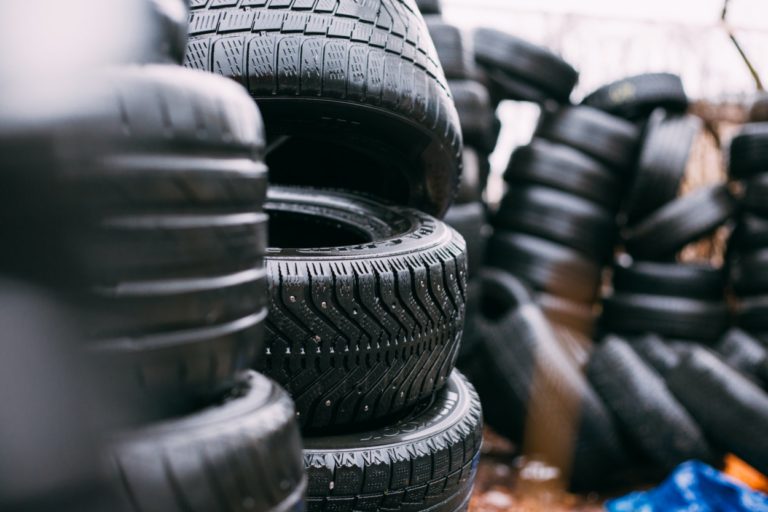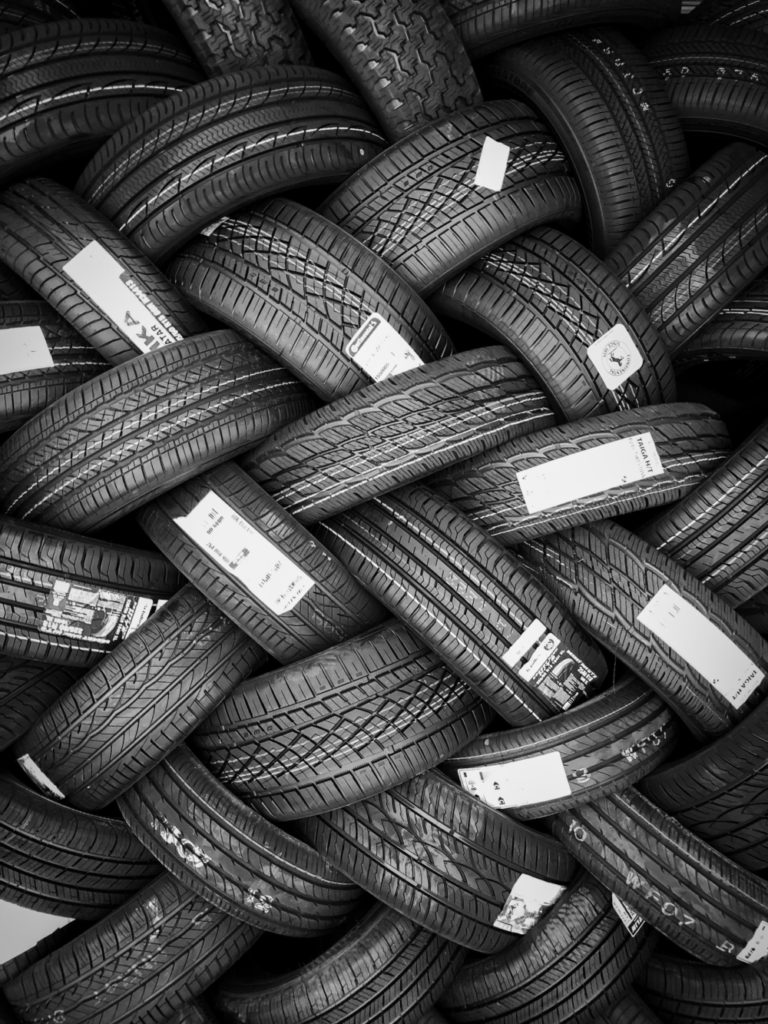As a car owner, one of the crucial things you must do is keep your tires inflated. However, the debate of whether to use nitrogen or air in tires has been ongoing for some time. While some people argue that nitrogen is better for tires, others maintain that air is just as good. This article explores the advantages and disadvantages of using nitrogen instead of air in your tires.
Nitrogen has been in use in the aviation and racing industries for many years to inflate tires. However, in recent years, more car owners are turning to nitrogen to fill their tires instead of regular air. Nitrogen is becoming increasingly popular as people believe it offers many advantages over air, such as improved fuel efficiency and extended tire life. However, some people still prefer air due to its accessibility and affordability. This article aims to help you decide whether nitrogen or air is the best option for your tires by exploring the advantages and disadvantages of using nitrogen.
Understanding Nitrogen
Nitrogen is a colorless, odorless, and tasteless gas that is abundantly available in the earth’s atmosphere. It makes up about 78% of the air we breathe, with oxygen making up the remaining 21%. Nitrogen is non-reactive, and this property makes it an excellent option for inflating tires.
Advantages of Nitrogen in Tires | Disadvantages of Nitrogen in Tires |
Improved fuel efficiency | Cost |
Extended tire life | Accessibility |
Reduced oxidation | Misconceptions |
More consistent tire pressure | Compatibility with some tires |
The Advantages of Nitrogen in Tires
Improved Fuel Efficiency
One of the benefits of using nitrogen in tires is that it can help improve fuel efficiency. Nitrogen molecules are larger than oxygen molecules, making it less likely for them to leak out of the tire. This means that tires stay inflated longer, leading to less rolling resistance, which can improve fuel efficiency. Some studies have suggested that using nitrogen can improve fuel efficiency by up to 10%.
Extended Tire Life
Another advantage of using nitrogen in tires is that it can help extend the tire’s lifespan. Nitrogen can help reduce the rate of tire aging and prevent the rubber from degrading due to exposure to oxygen. This can lead to longer-lasting tires, which can save you money in the long run.
Reduced Oxidation
Oxygen can cause oxidation, which can lead to rust and corrosion on metal parts of the tire. Nitrogen is non-reactive, which means it cannot cause oxidation. By using nitrogen in tires, you can help reduce the risk of corrosion and prolong the life of your tires.
More Consistent Tire Pressure
Tire pressure is critical for maintaining safe and comfortable driving. Nitrogen is more stable than air, which means that it can help maintain more consistent tire pressure. This means that you will have to inflate your tires less often, reducing the risk of under-inflation or over-inflation, which can lead to tire and wheel damage.
The Disadvantages of Nitrogen in Tires
Cost
One of the major disadvantages of using nitrogen in tires is the cost. Nitrogen is more expensive than regular air, and you may have to pay extra to have your tires filled with nitrogen. This cost can add up over time, especially if you have multiple vehicles.
Accessibility
Another disadvantage of using nitrogen in tires is the accessibility. While regular air is available at gas stations, tire shops, and other common locations, nitrogen is not as readily available. (The only place I know of where to get nitrogen these days is at Costco!) This means that you may have to go out of your way to find a place that offers nitrogen tire inflation.
Misconceptions
There are several misconceptions about using nitrogen in tires. Some people believe that nitrogen is completely safe and that you will never have to check the tire pressure once you have filled them with nitrogen. However, this is not entirely true, as you still need to check your tire pressure regularly, regardless of whether you use nitrogen or air.
Compatibility
Nitrogen may not be compatible with all tires, especially those that are not designed to handle high-pressure inflation. If you have an older car or tires, it’s important to check with your tire manufacturer or a professional mechanic to determine whether nitrogen is suitable for your tires.
Using Nitrogen Vs. Air in Tires
Ultimately, the decision to use nitrogen or air in your tires depends on your personal preference and budget. If you’re willing to pay the extra cost and can find a location that offers nitrogen tire inflation, then nitrogen may be a good choice for you. However, if you’re on a tight budget or don’t want to go out of your way to find a nitrogen filling station, regular air may be the better option.
Tips for Maintaining Nitrogen-Filled Tires
If you do decide to use nitrogen in your tires, here are some tips to help you maintain them properly:
Check your tire pressure regularly, at least once a month
Use a nitrogen inflation system designed for tires
Avoid mixing nitrogen and air in the same tire
Have your tires inspected by a professional mechanic regularly
Conclusion
In conclusion, both nitrogen and air have their advantages and disadvantages when it comes to inflating tires. Nitrogen can improve fuel efficiency, extend tire life, reduce oxidation, and maintain more consistent tire pressure. However, nitrogen is more expensive, less accessible, and may not be compatible with all tires. Ultimately, the decision to use nitrogen or air in your tires depends on your personal preferences and budget.
FAQ's
Is it necessary to use nitrogen in tires?
No, it’s not necessary to use nitrogen in tires. Regular air is still a suitable option for inflating tires.
How often should I check the tire pressure if I’m using nitrogen?
You should check your tire pressure at least once a month, regardless of whether you’re using nitrogen or air.
Can I mix nitrogen and air in the same tire?
No, you should avoid mixing nitrogen and air in the same tire. This can lead to inconsistent tire pressure and potentially cause damage to the tire.
How much does it cost to fill tires with nitrogen?
The cost of filling tires with nitrogen varies depending on your location and the provider. However, it generally costs more than filling tires with air.
Are nitrogen-filled tires safer than air-filled tires? There is no clear evidence to suggest that nitrogen-filled tires are safer than air-filled tires. Both options are suitable for inflating tires, and the safety of the tire ultimately depends on proper maintenance and usage.



